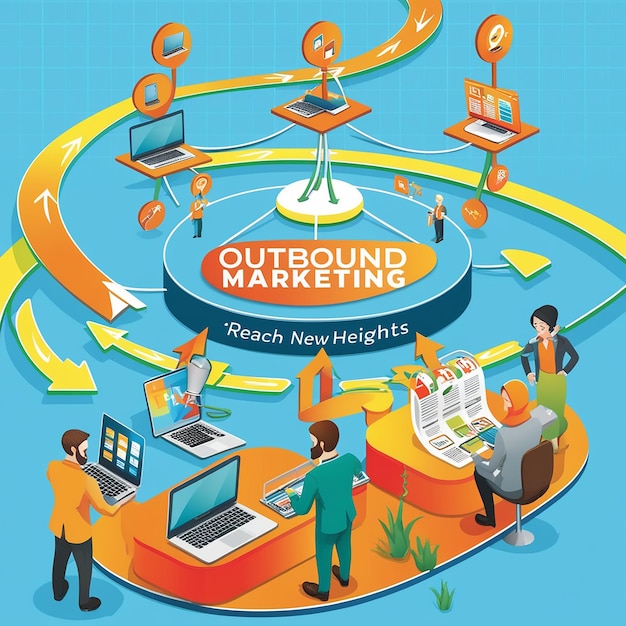Navigating Common CRM Hurdles and Effective Solutions

Have you recently started using a customer relationship management (CRM) platform but are now facing problems like lack of team support, poor data quality, and more? Many new CRM users struggle with properly implementing this technology. If this sounds familiar, don’t worry!
Hi, I’m AJ. I recently sold my company for millions to help other entrepreneurs succeed. One key factor in our success was overcoming the challenges associated with CRM software.
If you want to use your CRM effectively, keep reading! I’ll share everything you need to know.
One of the main reasons people avoid adopting a CRM system is the cost. This is understandable, as some CRM systems can be very expensive, running into thousands of dollars each month. For small business owners, every expense matters. I remember watching every dollar during my company’s early days. High costs can make small business owners hesitant, especially when CRM providers charge per user, making it even more expensive for larger teams.
Is there a solution? Yes! Many CRM providers offer free trials, which can help you test the software without a big investment. Some providers, like HubSpot, even offer advanced tools for free, letting you enjoy CRM benefits at no cost.
Implementing a CRM system takes time, from installation to full integration into your business operations. This process can range from weeks to months, depending on the system’s complexity and your business size. Rushing can lead to mistakes, underutilization, or failure to fully leverage the CRM’s potential. Careful and detailed planning is essential, and hiring a CRM consultant might help ensure a smooth and effective implementation.
Data quality is another big challenge. Outdated, incomplete, or incorrect data can reduce a CRM’s effectiveness, leading to misguided strategies. Duplicate records can waste marketing efforts, and incorrect details can mislead your sales team. Establishing a clear data management protocol and integrating the CRM with other data sources keeps information current and accurate, boosting overall efficiency.
Poor team communication can also be a problem, often due to inadequate information sharing or lack of collaboration tools within the CRM system. This can lead to poor customer experiences. A CRM with integrated collaboration and communication tools ensures everyone has access to real-time, accurate information, improving workflow and customer interactions.
Getting your team to buy into the CRM system is critical. Employees resistant to new systems can hinder its success. Involve your team in the selection process, provide thorough training, and communicate the benefits. Recognize and reward effective use, and appoint CRM leaders within the team to assist peers.
Having clear CRM goals is crucial; unclear objectives can lead to wasted resources. Establish SMART goals that align with your broader business strategy, focusing on enhancing customer experience, sales, marketing, and team collaboration. Regularly review and adjust these goals to meet evolving business needs.
Training your team can be challenging and time-consuming, but it’s essential. Create a CRM implementation plan and allow ample time for training. Remember, some employees might need more time to adapt to new technology.
Ensure the CRM system meets your team’s needs. A mismatched system can hinder productivity and make tasks inefficient. Look for flexible, customizable software that can be tailored to your specific requirements and industry needs.
Management buy-in is also crucial. If managers don’t use the system, employees are unlikely to adopt it. Demonstrating the CRM’s benefits can help secure managerial support, and managers should lead by example.
Integration issues can disrupt data exchange between business applications and the CRM system, leading to disjointed data. Choose CRM software that supports integrations to create a unified, efficient system.
Limited reporting and analytics can restrict your ability to draw valuable insights, leading to missed opportunities. Invest in a CRM with robust analytics to make data-driven decisions that improve customer relationships and sales.
Limited mobile access affects teams that are constantly on the move. Ensure your CRM software is accessible via mobile devices to prevent delays in customer responses and missed opportunities.
Siloed departments can hinder customer information flow, leading to poor customer experiences. Promote interdepartmental collaboration and choose a CRM that allows information sharing across all teams. Regular meetings to discuss customer insights can foster a more cohesive approach.
Implementing CRM technology can be tough, but with careful planning, the right system, and thorough training, you can overcome common challenges. What strategies will your team use to efficiently implement CRM software? Share your thoughts in the comments!